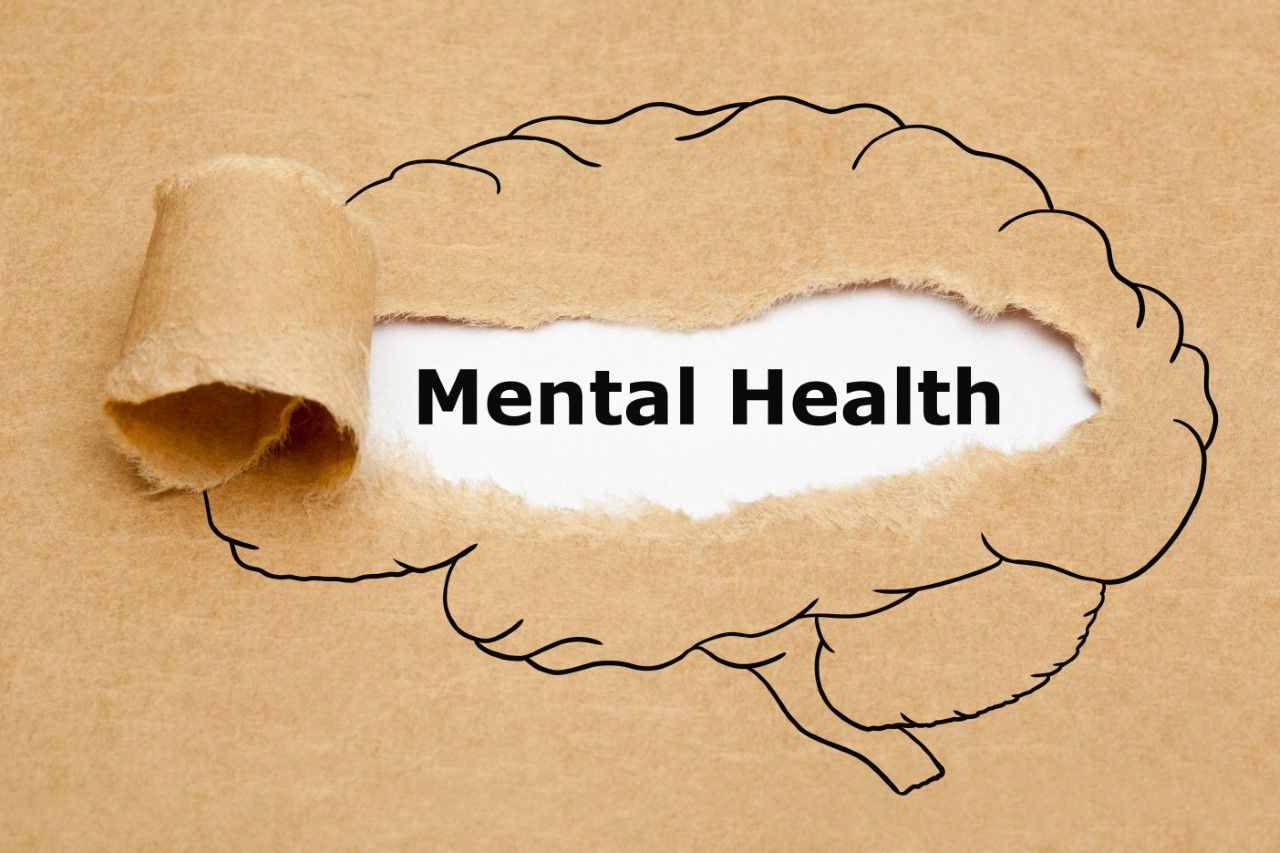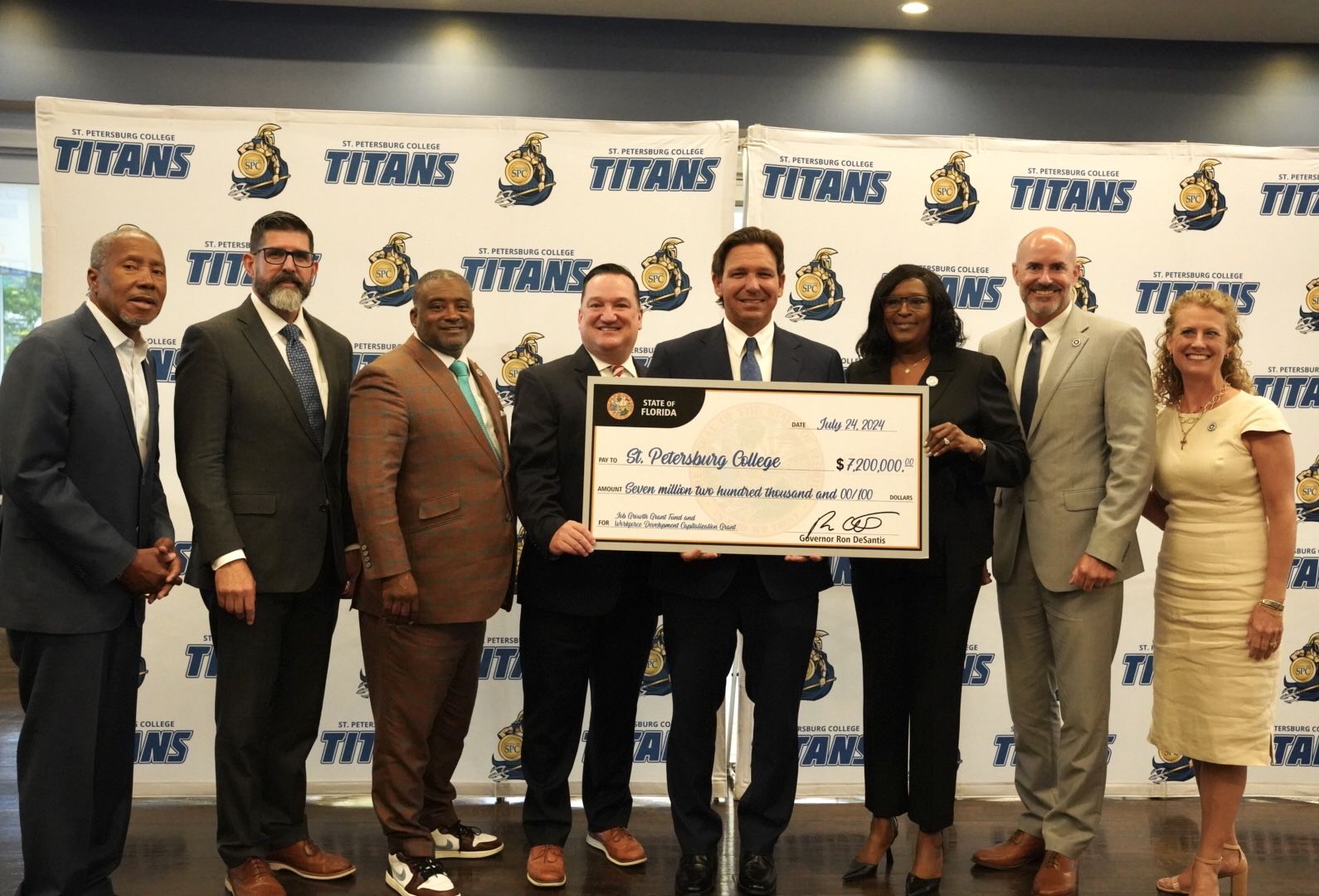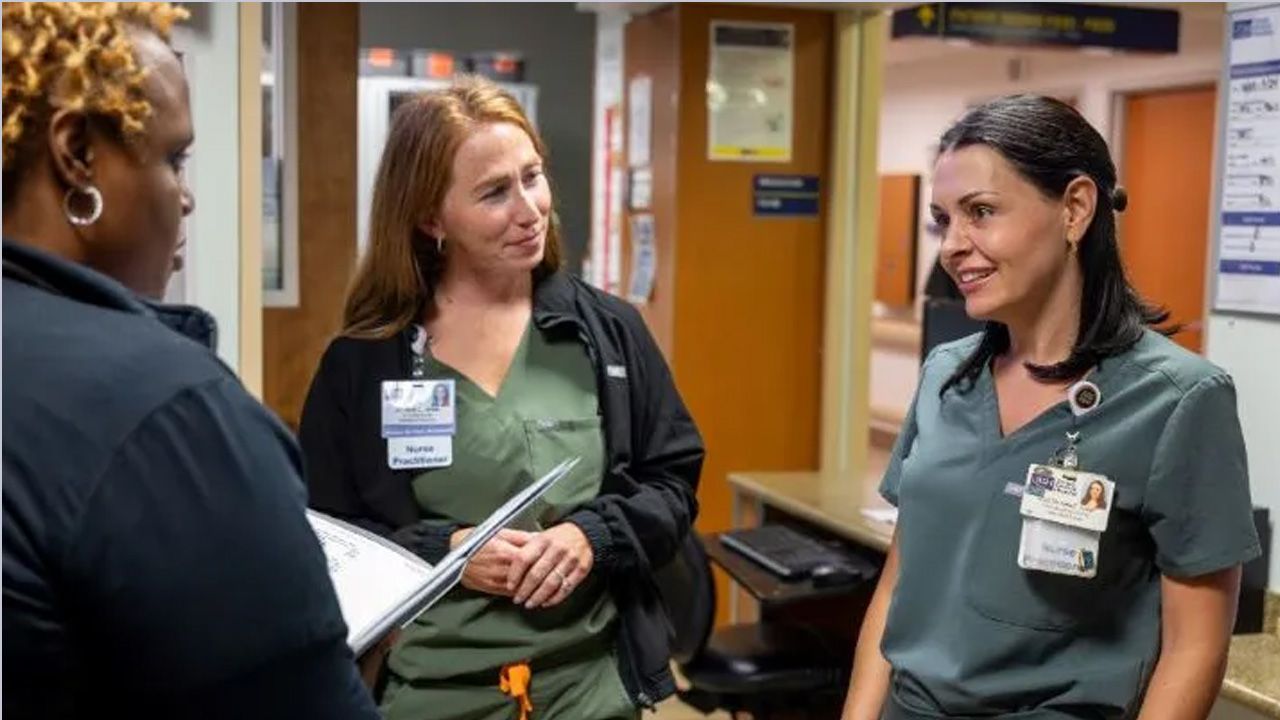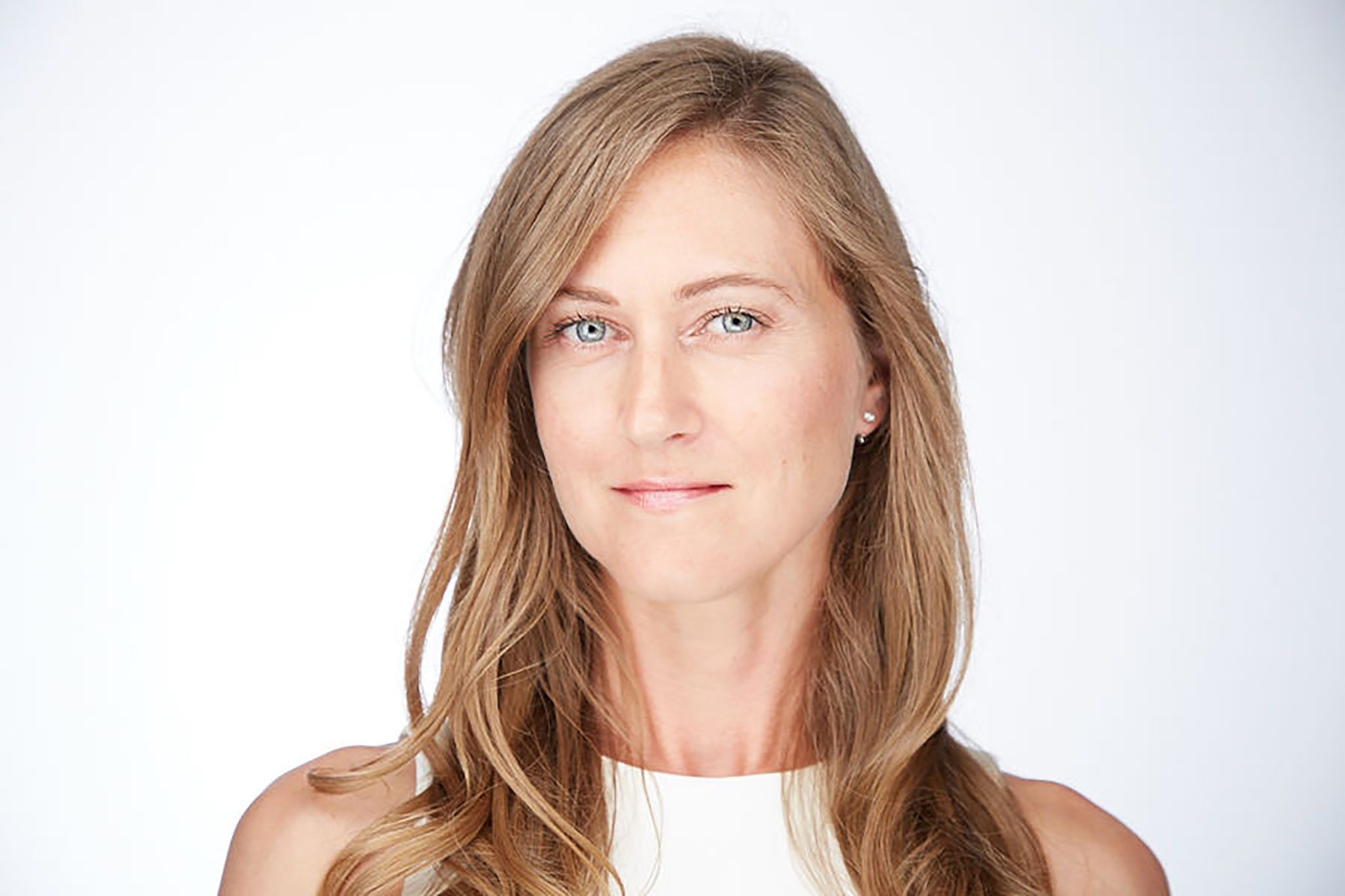By Dr. Ladd Carlston
Living a life without stress is virtually impossible: after all, stress is simply a normal reaction the body has when things change, resulting in physical, emotional and mental responses. A stress-free life would be a change-free life—total stagnation—which no one actually wants.
And yet, thousands of experts have written millions of articles about the importance of reducing stress to our overall health.
Much of this advice is directed toward CEOs and top entrepreneurs, who cope with nonstop stress on a daily basis. If you’re among this elite group, you’re acutely aware that change is a constant in your life, and your mind and body are forced to keep up as best they can. You’re juggling everything from managing your business and overseeing employees, to negotiating partnerships, spearheading innovation and attempting to balance your work and home lives. You’re constantly told to do everything in your power to minimize stress, a mandate that may inadvertently add even more worry and anxiety to your already heavy load.
I have an alternate recommendation.
High performers are far better served to learn how to recognize the ways that stress manifests in their lives, understand their reactions to it and manage it effectively. Using smart bio hacks to mitigate, and redirect, stress is so much more effective than attempting to eradicate it altogether. Plus, doing this allows business leaders like yourself to remain clear and focused so you can achieve your full potential in business. You can push aside the idea that stress is your mortal enemy and unlock your potential so you can rediscover what’s truly possible for your life.
How does stress show up for a top business leader?
In my research around multi-modal health care, I spoke with fifteen CEOs and entrepreneurs about their primary sources of stress and how it manifests for them as individuals. I was unsurprised to hear that, although they shared many common triggers, they had a wide range of reactions to those taxing situations.
Nearly everyone I interviewed cited overwork as an issue, which manifested in various ways; long hours, working weekends, inability to relax and focus on non-work activities, strained relationships and more. Several CEOs discussed the difficulties with juggling the responsibilities of being a highly visible business leader with … well, anything else. Attempting to fit in things like family events, kids’ sports practices, musical recitals, vacations and social gatherings made them feel spread thin and like they couldn’t give their all to anything in their lives. A handful of these interviewees also recognized that lack of support from family and friends added to their burdens. Feeling alone in a sea of stress makes navigating feel even more challenging.
Since every human system is different, every person will react to stress differently. The leaders I spoke with responded to pressure, and worry, in a wide variety of ways. Some described their bodies shutting down or lapsing into sickness when stress levels reached their apex, others explained that the constant hum of stress has made them utterly unable to relax. Nearly all of them told me that their overall stress at work and outside of work has begun to affect their productivity.
“I can get stuck in my stress so deeply that something that should take me 15 minutes takes me two hours,” said David Tabachnikov, CEO at education management platform ScholarshipOwl. “All the thoughts swirling in my head derail my progress. In a way, I guess my subconscious is dealing with the stress and that takes away central process unit cycles from my conscious brain.”
Miranda Martone, founder and CEO of the Sexual Violence Prevention Association, has nearly the opposite reaction. Instead of slowing down in the face of stress, she finds she can’t keep herself from continuing to work.
“Even if I try to turn off all my notifications, my brain is not capable of doing that anymore and it’s like, ‘Well, we should check it anyway,’” she explained.
Clients who engage me for my Beyond Biohacking Blueprint offering receive extra support in this area through my unique evaluation of their ability to deal with stress effectively. In addition to mindset coaching, this snapshot of imbalances in their biology helps us work to rectify any issues that could be hampering them in achieving their performance peak.
In terms of how the top leaders I spoke with dealt with the pressures of their careers and lives, they described several ways they worked to continue achieving extraordinary results.
“I think for me, it comes down to being inspired every day,” said entrepreneur Heather Piazza. “Also, creating dedicated professional development time makes me feel like I have more control in what I can and can’t do, which helps motivate me forward.”
Alternatively, Joyce Shulman, CEO of 99walks, prioritizes getting outside and walking, allowing nature to help relieve the stress she deals with. “I get out for just fifteen minutes and it’s such a big shift for me,” she says. Spending time in the outdoors is known to help with physical wellbeing, reducing blood pressure and, of course, stress.
Unlike Shulman, Tabachnikov focused less on management of activities and more on overall mindset to keep his stress in check.
“There are a few beliefs that I hold that help me cope with stress. There’s this legend, that king Solomon had an engraving that said ‘this too shall pass,’” he told me. “And I keep telling that to myself, as well. When it’s good times, I remember that there might be bad times coming up. And when it’s the worst times I know that, in the end, it’s going to be fine. It’s just a question of how to get there.”
Again, the key is to find what works for you as an individual. My own clients work closely with me to create a stress-management profile. I’ve found that sustainable management of stress means accounting for anatomy, physiology and biochemistry, then developing a clear picture of exactly what each person should do for their unique situation.
Recognizing and mitigating stress in yourself
As a driven, and top-performing leader, yourself, it’s critical that you begin to recognize your own stress signals and find ways to manage your reactions. From my recent round of interviews and my Beyond Biohacking Blueprint clients, I’ve identified these common signs of stress in business leaders:
- Exhaustion or trouble sleeping
- Headaches
- Vertigo or dizziness
- Irritability
- High blood pressure
- Muscle tension or jaw clenching
- Stomach or digestive problems
- Quick temper or disproportionate emotional reactions
- Feeling overwhelmed or on edge
- Memory issues
- Trouble making decisions, solving problems or concentrating
Once you know how your stress manifests, the critical next step is to find ways to actively manage it. The CEOs I interviewed do everything from regular heavy workouts to time outdoors to repeating mantras to mitigate their stress. A few are exploring my biohacking techniques that help them optimize their mindset, diet, vitamins, brain, gut microbiome, breathing and fitness routines, for achieving the lowest stress and extraordinary performance. It becomes less about turning off the brain, and more about optimizing your brain’s performance.
You may never be able to reduce your stress levels; as a business leader in an increasingly complex market, your world is likely to remain fast-paced and complex. But you can certainly take a role in keeping your stress under control in ways that work for your unique needs, biological systems and lifestyle. Doing so can make your busy life feel infinitely more rewarding.
Dr. Carlston is a leading chiropractor that focuses on helping CEOs and high-performing individuals become the best version of themselves possible through integrative health and biohacking techniques that not only help improve performance but improve their overall health.















